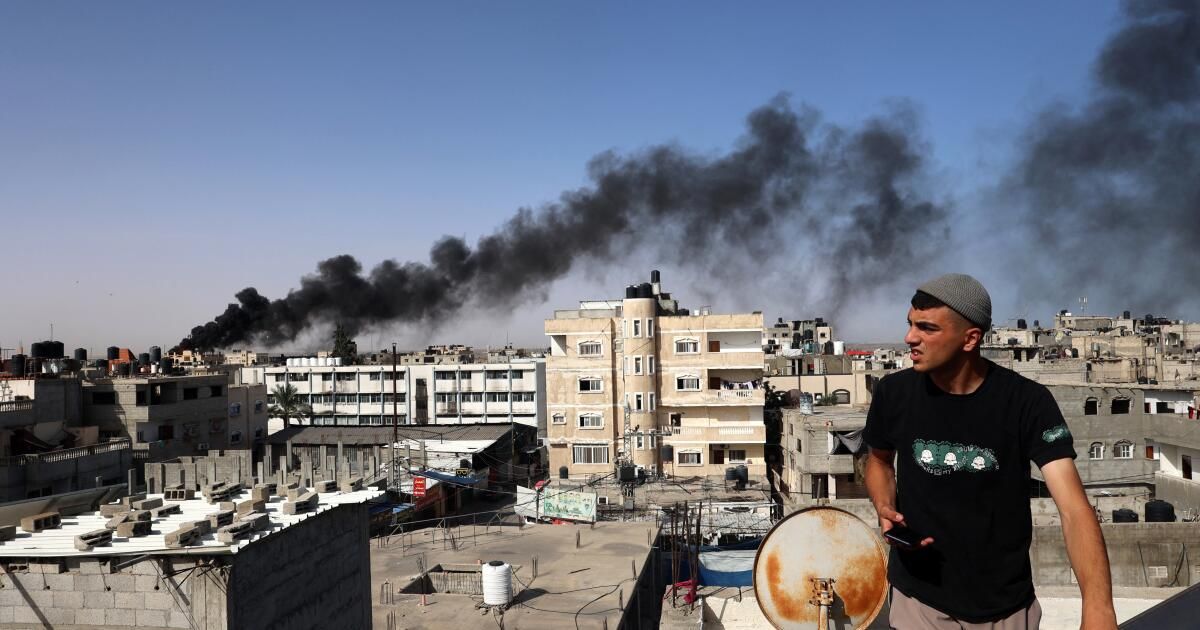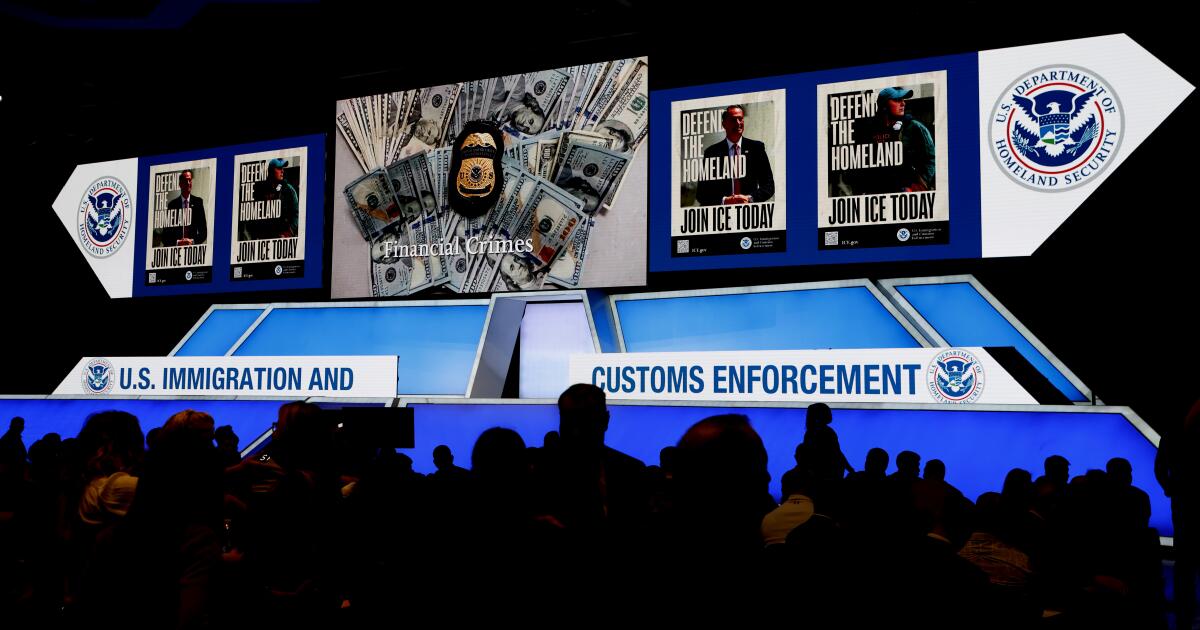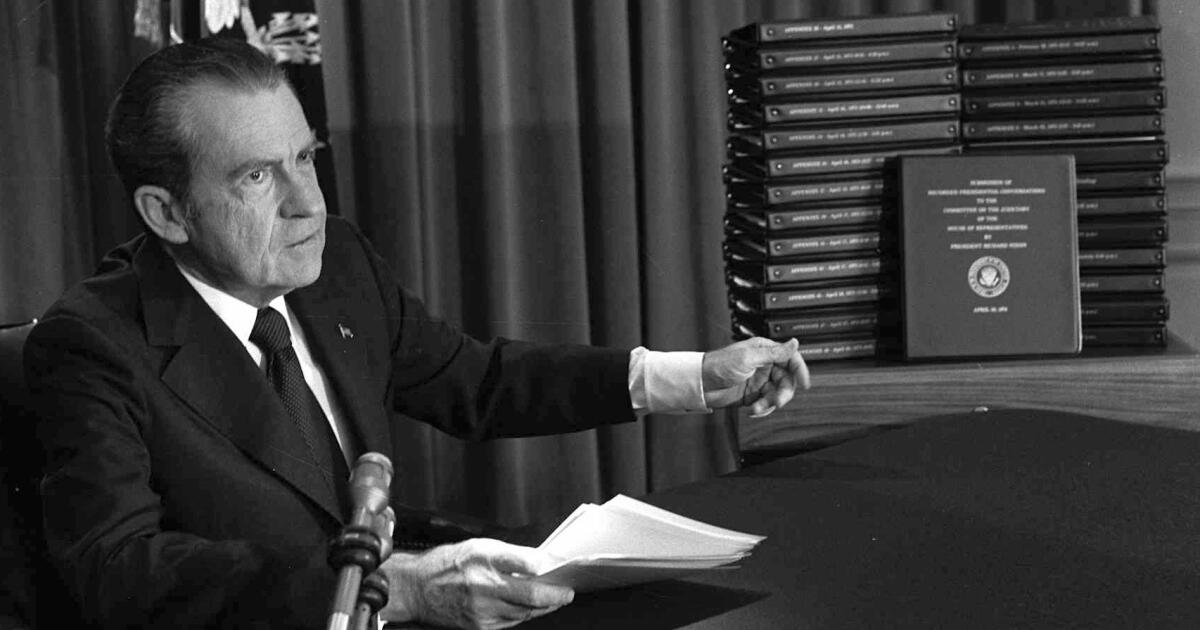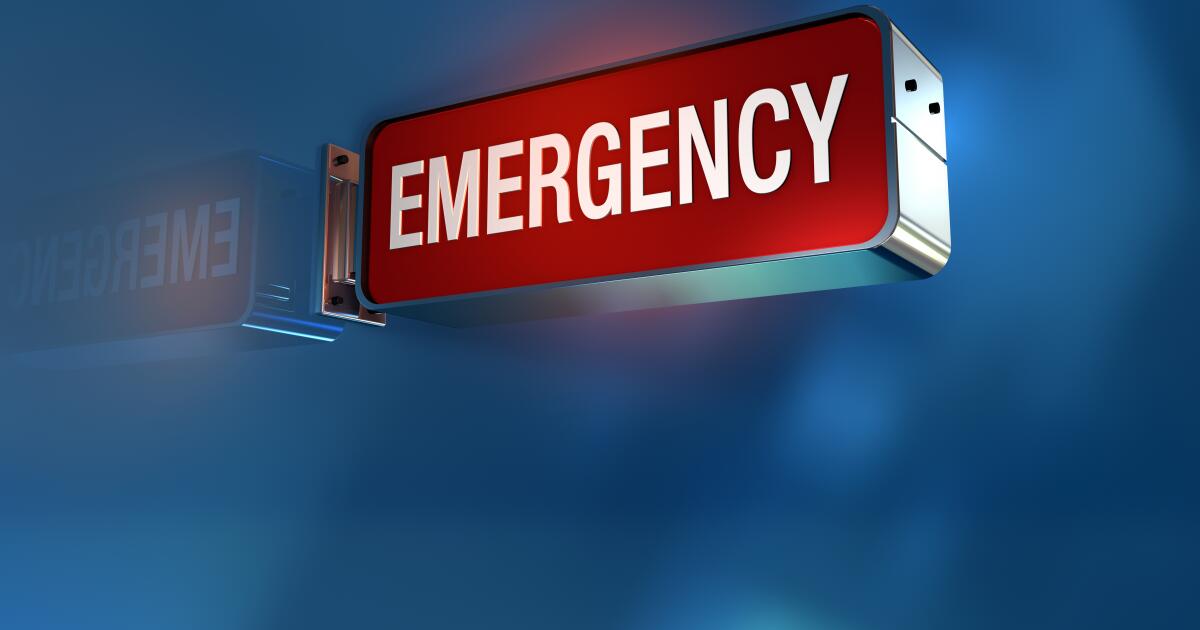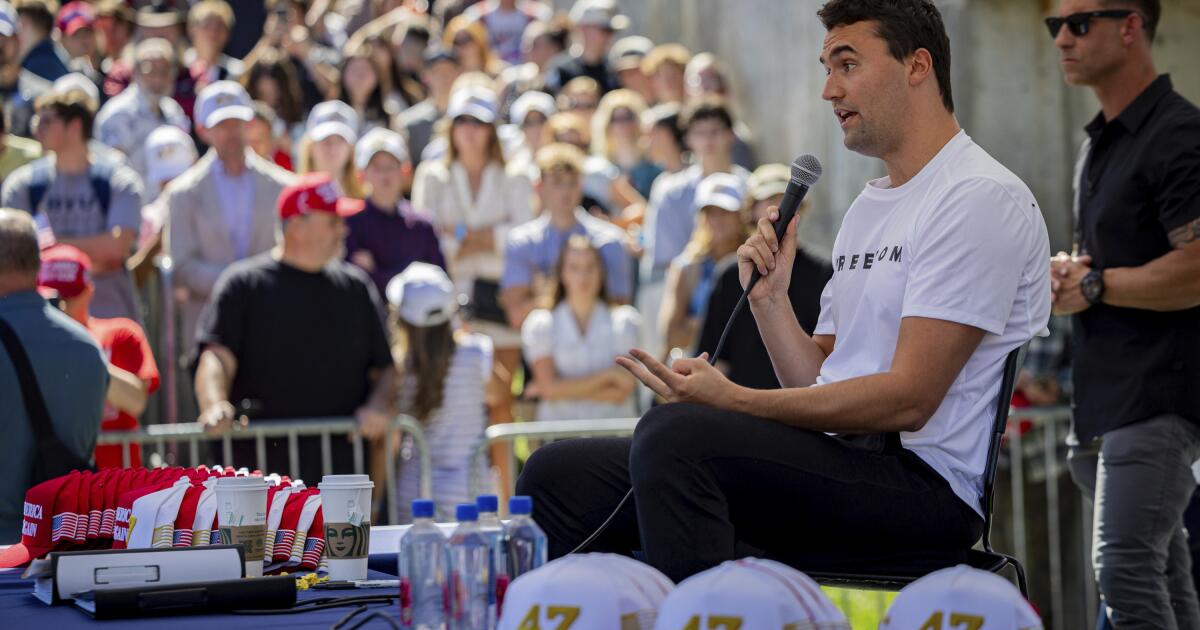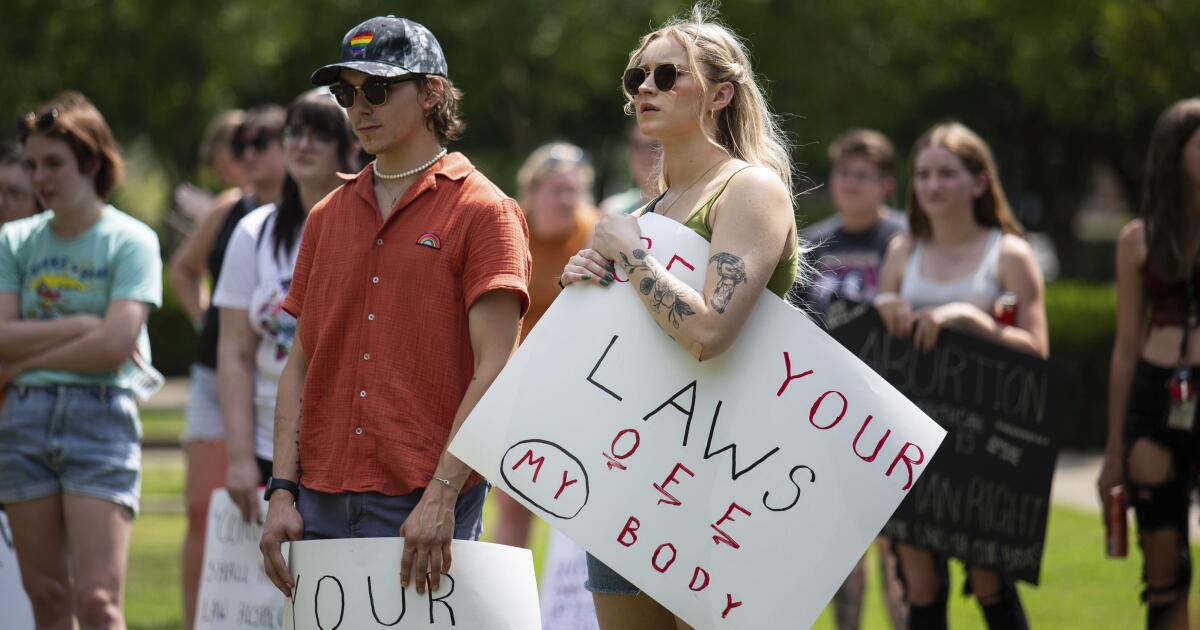As an American doctor, I felt called to help Palestinians facing a collapsed healthcare system in Gaza. My first trip was in March and I returned for another mission earlier this month, before Israel military assault on Rafah, southern Gaza, which has been catastrophic. Now we have no way out.
From Israel seizure The Rafah border crossing with Egypt has complicated the departure of our medical team from Gaza, coordinated with the World Health Organization and scheduled for Monday.
We have been to the Khan Yunis European Hospital, near Rafah. If we leave and no new mission can come in, the patients here will be abandoned and terrified. More than 1 million people had taken refuge in Rafah during the Israeli bombardment of northern Gaza, and hundreds of thousands now they have been forced to flee the area amidst Israel's offensive here.
Our patients ask me where they should go, to which hospital. They tell me that some facilities are still open and ask my opinion about them. What do I say? Patients know very well about the destruction of the Al Shifa and Nasser hospitals. They know that patients have been killed with IVs and catheters still inside them, and they believe that will also be their fate if they are left alone and vulnerable to Israeli forces.
Meanwhile, limited humanitarian aid is arriving. Medical supplies entering Gaza often arrive with new volunteers. I brought eight pieces of checked luggage, filled with wound care supplies for this mission. We receive patients with wounds on more than 60% to 80% of their body, but we don't even have absorbent towels to keep their wounds dry, which is necessary to prevent hypothermia.
The Rafah invasion is also worsening the displacement of families of both patients and medical staff. Given the hospital's staffing shortage, families do half of the nurses' work. They help convert patients. They help change their diapers. They are taken to the clinic and back to the ward. They feed them. Patients would be nowhere without their families.
If the hospital were abandoned or their families were forced to evacuate, I have no idea how these patients would survive, especially those with amputations that restrict their movement. I imagine patients saying final goodbye to their loved ones.
Some doctors and nurses have been working here as volunteers for a long time. Some of us have been to Gaza several times. Yet we remain shocked by the cruelty. We are not used to this degree of slaughter. Even the local staff remains dumbfounded.
Local medical staff have avoided telling patients that our team might have to evacuate before the next group of aid workers arrive, fearing mass panic. Nobody likes to talk about evacuation. I can tell they don't even like to use the word. Even if as doctors we cannot save people due to limited resources, at least as foreigners, we can provide some protection, serving as a shield against a possible massacre of patients.
We continue to work with the WHO to leave safely, despite the closure of the Rafah border. However, it is worrying that on our planned departure date, a A United Nations-branded vehicle was shot at and a foreign aid worker delicate.
In the meantime, we will continue to care for our patients and provide them with medical care while we are here. Our organizationThe next team is waiting in Cairo, hoping to begin their mission.
I continue to be inspired by the strength of the people I have met. When some of my patients are under conscious sedation to change their dressing, their inner self comes to light and many of them cry out to God. One patient repeated the shahada— the Muslim testimony of faith. Another whose voice he had not heard before raised his hands in the air when he woke up, making duaa prayer of supplication to God.
I hope that the border crossing is reopened and that a new team arrives with more resources. I hope for a ceasefire to end this man-made humanitarian disaster. For now, as long as I can bear witness to the strength of the people of Gaza and share it with the world, I am honored to be among these people, who have given me more than I have given them.
Mahmoud Sabha is a wound physician from La Palma, California, based in Dallas..

